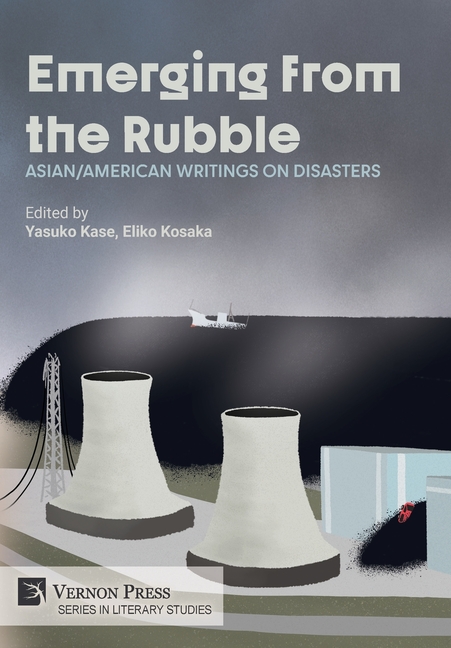Description
With a focus on the transpacific and transnational relationship between North America and Asia, 'Emerging from the Rubble: Asian/American Writings on Disasters' explores Asian/Americans' complex and nuanced involvement in disastrous events. Included in this purview of disaster are not only the damages and threats of current ongoing climate change but also the long-lasting ruining effects inflicted by imperialism, neo/colonialism, wars, and these historical components' entanglement with global capitalism that have generated both spontaneous and slow and/or prolonged violent effects. Moreover, disasters can be acknowledged as manifestations of the Anthropocene - an epoch shaped by human activity - or what scholars like Jason W. Moore and Donna J. Harraway term the 'Capitalocene, ' a paradigm where nature and capitalist society are deeply intertwined, co-creating an intricate web of life. Asian/American involvement in such a web has never been simple but convoluted: some of them have experienced tremendous losses, whereas others have perpetuated obfuscation of the truth and/or induced violence, often contingently with or without acknowledging the facts. When considering Asian migrants including refugees from Southeast Asia who had little option but to seek asylum in the U.S., and Asian Americans who have pursued their "happiness" under the U.S.'s capitalist premise of constant progress, protection of "human rights," and freedom of "choice," it is important to note that Asian migrants and Asian 'Americans' have become simultaneously active players and exploited individuals within the context of U.S. racial capitalism.
Acknowledging the impossibility of clearly differentiating natural and human-made disasters, scholars who contribute to this volume note the reciprocal influences between nature and civilization. They examine how the entanglements of natural and human-made disasters lead to the acceleration and expansion of damage. This volume explores how Asian Americans' connections with their ancestral origins along with their particular racial positions, social classes, and socio-historical backgrounds in North American societies force them to experience and witness disastrous events differently from the mainstream discourse on eco-crises.
Product Details
- Jun 24, 2025 Pub Date:
- 9798881902858 ISBN-10:
- 9798881902858 ISBN-13:
- English Language




